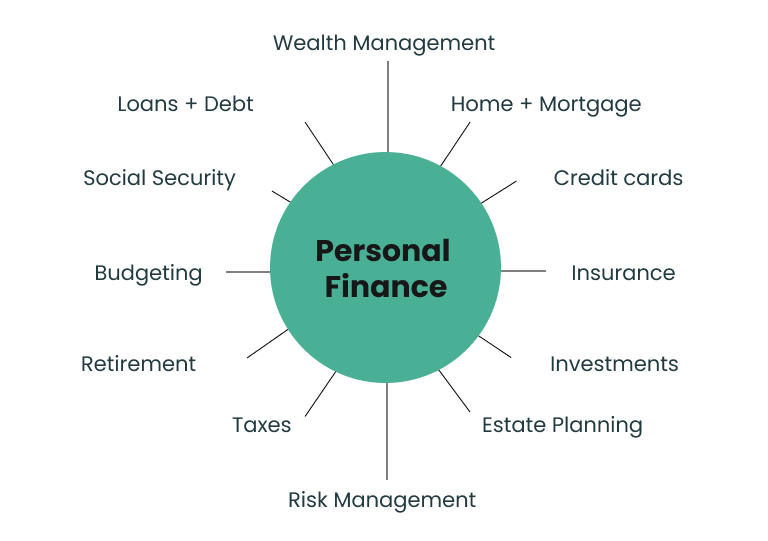Blockchain technology is rapidly reshaping the financial sector, offering enhanced security, transparency, and efficiency. From decentralized finance to streamlined payment systems, blockchain is creating a paradigm shift in how money flows and assets are managed. As traditional financial systems grapple with inefficiencies and vulnerabilities, blockchain presents innovative solutions that promise to transform the industry entirely. This article explores how blockchain is driving change, the opportunities it presents, and the challenges that must be addressed to fully realize its potential.
Understanding Blockchain Technology
Blockchain is a distributed ledger that records transactions across a network of computers. Unlike traditional databases, blockchain is decentralized, meaning no single entity controls it. Transactions are secure, immutable, and transparent, making the technology ideal for financial applications.

Key Features of Blockchain
Blockchain’s decentralized nature eliminates the need for intermediaries, reducing costs and increasing efficiency. Its cryptographic security ensures that transactions are tamper-proof. Additionally, the transparency provided by blockchain fosters trust among users, a critical factor in financial systems.
Applications in the Financial Sector
Blockchain’s utility extends beyond cryptocurrency. It is being used for cross-border payments, smart contracts, supply chain financing, and even regulatory compliance. These applications highlight the versatility and transformative potential of blockchain technology.
Revolutionizing Payment Systems
One of the most significant impacts of blockchain is its ability to revolutionize payment systems. Traditional cross-border transactions are often slow and expensive, involving multiple intermediaries. Blockchain streamlines this process, enabling faster, cheaper, and more secure payments.
Faster Cross-Border Payments
Blockchain eliminates the need for correspondent banks, reducing transaction times from days to minutes. This is particularly beneficial for businesses and individuals involved in international trade or remittances.
Lower Transaction Costs
By removing intermediaries, blockchain reduces fees associated with payment processing. This makes it an attractive option for small businesses and underbanked populations.
Enhanced Security and Transparency
Every transaction on a blockchain is encrypted and recorded, making it nearly impossible to alter or hack. This level of security instills confidence in users and ensures the integrity of financial transactions.
The Rise of Decentralized Finance
Decentralized Finance (DeFi) is a blockchain-based ecosystem that offers financial services without traditional intermediaries like banks or brokers. DeFi platforms use smart contracts to automate processes, reducing the need for human intervention.
Lending and Borrowing
DeFi platforms allow users to lend or borrow assets directly from one another, often at more competitive rates than traditional financial institutions. These platforms also provide greater accessibility, enabling people in underserved regions to participate in financial markets.
Yield Farming and Staking
Blockchain enables users to earn returns on their assets through activities like yield farming and staking. These innovative methods provide new avenues for passive income generation.
Tokenization of Assets
DeFi allows for the tokenization of real-world assets, such as real estate or commodities. This makes these assets more accessible and tradable, unlocking liquidity and investment opportunities.
Blockchain’s Role in Financial Inclusion
Globally, billions of people lack access to traditional banking services. Blockchain technology has the potential to bridge this gap by providing affordable and accessible financial solutions.
Digital Wallets for the Unbanked
Blockchain-based digital wallets allow users to store and transfer funds without needing a bank account. This is particularly valuable in regions with limited banking infrastructure.
Microfinance Solutions
Blockchain enables transparent and efficient microfinance systems, helping small businesses and entrepreneurs secure funding.
Cross-Border Remittances
For many migrant workers, sending money home can be costly and time-consuming. Blockchain offers a more efficient and affordable alternative.
Regulatory Challenges and Compliance
While blockchain holds immense potential, it also presents regulatory challenges that must be addressed to ensure its widespread adoption.
Anti-Money Laundering (AML) and Know Your Customer (KYC)
Regulators are concerned about the potential misuse of blockchain for illegal activities. Implementing robust AML and KYC measures is essential to mitigate these risks.
Taxation and Reporting
Governments worldwide are working to develop clear guidelines for the taxation and reporting of blockchain-based transactions. Compliance with these regulations is crucial for businesses and individuals alike.
Standardization and Interoperability
For blockchain to achieve its full potential, there must be standardization across platforms and interoperability between different blockchains. This requires collaboration between industry stakeholders and regulatory bodies.
The Role of Central Bank Digital Currencies
Central Bank Digital Currencies (CBDCs) represent a significant development in the intersection of blockchain and finance. These digital currencies are issued by central banks and aim to combine the benefits of blockchain with the stability of traditional fiat currencies.
Improved Monetary Policy Implementation
CBDCs can provide central banks with real-time data on money flow, enabling more effective monetary policy decisions.
Financial Stability and Security
Unlike cryptocurrencies, CBDCs are backed by governments, offering greater stability and trust. Blockchain ensures the security of transactions.
Enhanced Payment Systems
CBDCs can streamline payment systems, making them faster, more efficient, and less reliant on private intermediaries.
Investment Opportunities in Blockchain
As blockchain reshapes the financial industry, it also creates new investment opportunities for individuals and businesses.
Cryptocurrencies
Bitcoin, Ethereum, and other cryptocurrencies remain popular investment options. However, investors should be aware of the volatility and risks associated with these assets.
Blockchain Startups
Numerous startups are developing innovative blockchain applications. Investing in these companies offers the potential for high returns, albeit with higher risk.
Exchange-Traded Funds (ETFs)
Blockchain ETFs allow investors to gain exposure to a diversified portfolio of companies involved in blockchain technology.
Future Prospects and Challenges
The future of blockchain in finance is promising, but it is not without challenges.

Scalability Issues
As the adoption of blockchain grows, scalability becomes a critical concern. Developers are working on solutions like sharding and layer-2 protocols to address this.
Energy Consumption
Blockchain, particularly proof-of-work systems, has been criticized for its high energy usage. Transitioning to more sustainable models, like proof-of-stake, is essential for long-term viability.
Public Perception and Trust
Building trust in blockchain technology requires addressing misconceptions and demonstrating its reliability and benefits.
Conclusion
Blockchain is poised to revolutionize the financial industry by enhancing efficiency, security, and accessibility. From transforming payment systems to fostering financial inclusion and enabling innovative investment opportunities, its impact is profound. However, overcoming regulatory challenges, scalability issues, and public skepticism is crucial for its continued growth. As blockchain technology evolves, staying informed and adaptable will be key to leveraging its potential and shaping the future of finance.

Leave a Reply